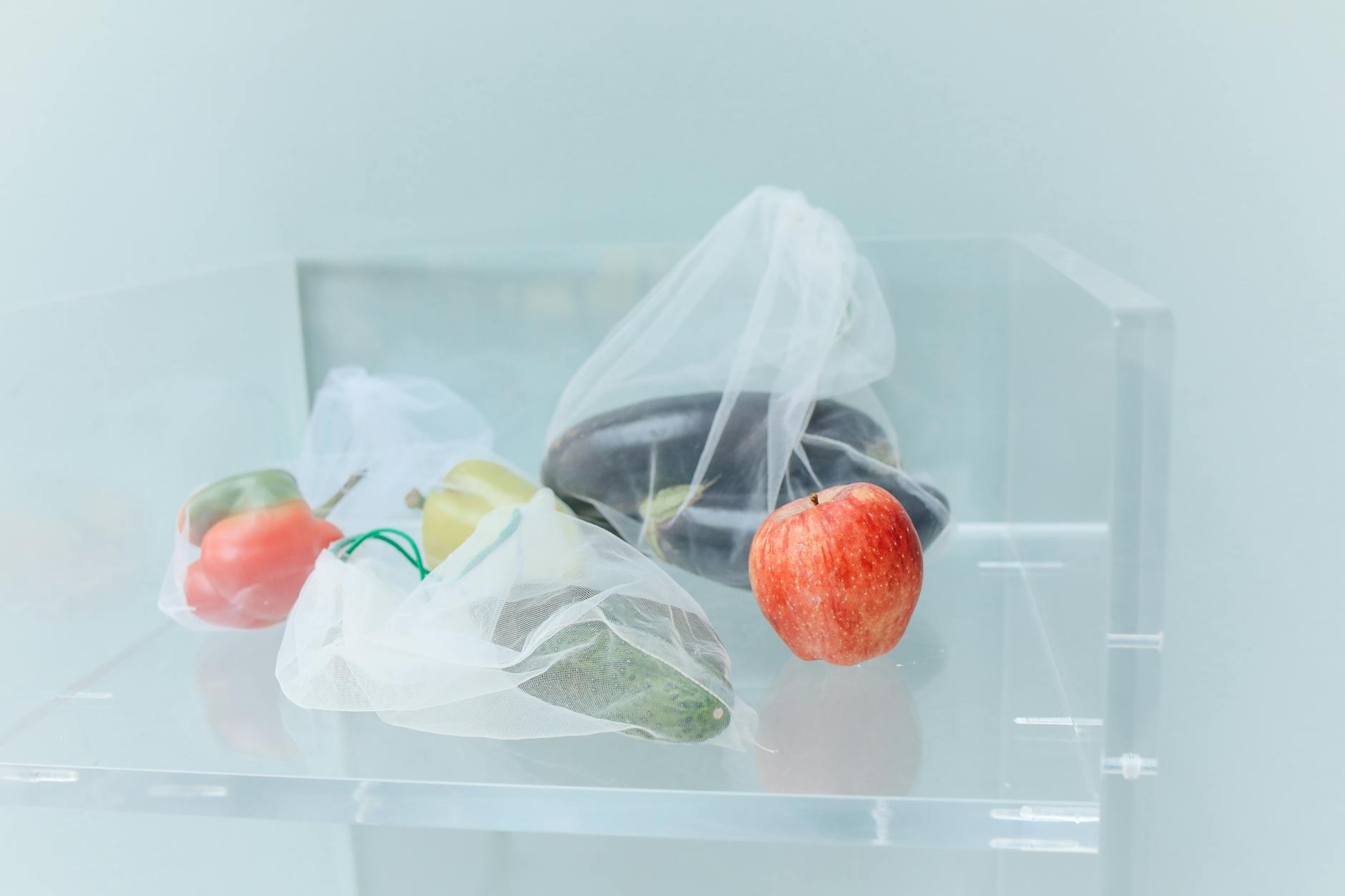Plastic-Eating Bacteria: Nature’s Eco-Friendly Solution to Plastic Waste
Plastic-Eating Bacteria: Nature’s Unexpected Solution
The mounting problem of plastic pollution has become one of the most pressing environmental challenges of our time. Every year, millions of tons of plastic waste accumulate in oceans, landfills, and ecosystems, posing threats to wildlife, human health, and the planet’s overall sustainability. While traditional waste management methods such as recycling and incineration play vital roles, their limitations have prompted scientists to explore innovative natural solutions. One of the most promising discoveries in this context is the ability of certain bacteria to break down plastics naturally, offering hope for a sustainable and effective strategy to combat plastic pollution.
The Discovery of Plastic-Eating Bacteria
In recent years, researchers have identified specific microbial strains capable of decomposing plastics, especially polyethylene, which is the most common and notoriously resistant type of plastic. The breakthrough came when scientists isolated bacteria from environments heavily contaminated with plastic waste, such as landfills and oceanic debris fields. These bacteria had evolved unique enzymes that enable them to analyze and digest plastic polymers as a food source. Notably, studies have identified strains like Ideonella sakaiensis, which can degrade polyethylene terephthalate (PET), a plastic widely used in bottles and packaging.
How Do These Bacteria Break Down Plastics?
The process begins with specialized enzymes that the bacteria produce. These enzymes, such as PETase, act as biological catalysts that break down long-chain plastic polymers into smaller, more manageable molecules like terephthalic acid and ethylene glycol. Once degraded into these monomers, the bacteria can absorb and metabolize them, effectively utilizing plastic waste as nourishment. This natural degradation process is significantly slower than industrial recycling methods, but the potential to harness and accelerate it could revolutionize plastics management.

Environmental Implications and Potential Benefits
The application of plastic-eating bacteria offers several promising benefits. First, they could serve as a biological tool to mitigate plastic pollution in contaminated environments, reducing the accumulation of waste in oceans and landfills. Additionally, employing these bacteria in controlled bioremediation processes could complement existing recycling techniques by breaking down plastics that are difficult to recycle mechanically.
Furthermore, some researchers are exploring ways to genetically engineer bacteria or their enzymes to improve their efficiency and expand their ability to degrade a broader range of plastics, including less common or more resilient types. This biotechnological approach has the potential to transform waste management practices and contribute to earlier and more complete plastic waste elimination.
Challenges and Future Outlook
Despite the promising nature of plastic-eating bacteria, several challenges must be addressed before their widespread application. These include ensuring the safety and stability of genetically modified microbes, preventing unintended ecological consequences, and developing cost-effective methods to deploy these bacteria at scale. Additionally, understanding the full lifecycle and byproducts of bacterial plastic degradation is crucial to avoid secondary pollution.
Researchers remain optimistic about the future, with ongoing studies focused on enhancing enzyme activity, developing bioreactors, and integrating bacterial solutions into existing waste management infrastructure. As our understanding deepens, the prospect of utilizing plastic-eating bacteria as a natural, sustainable solution to plastic waste becomes increasingly feasible.
Conclusion
The discovery of plastic-eating bacteria underscores the remarkable potential within nature to help solve human-made environmental problems. While they are not a silver bullet, these microorganisms represent a promising piece of the complex puzzle of plastic pollution management. Combining biological solutions with improved waste reduction, recycling, and policy measures can pave the way toward a cleaner, healthier planet. As research advances, harnessing the power of these tiny, industrious microbes may become a vital component of our efforts to restore ecological balance and promote sustainable living.
editor's pick
latest video
news via inbox
Nulla turp dis cursus. Integer liberos euismod pretium faucibua







